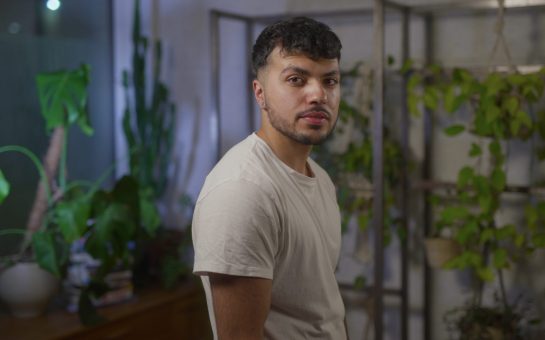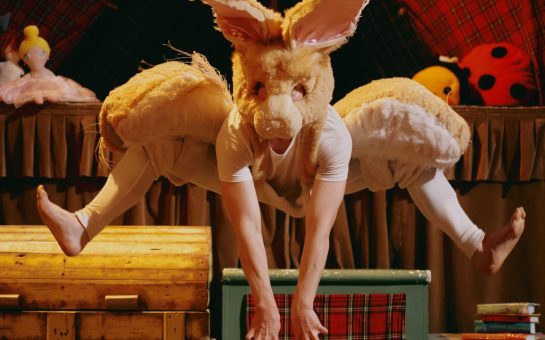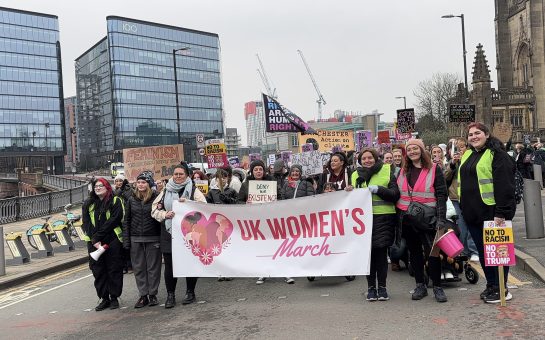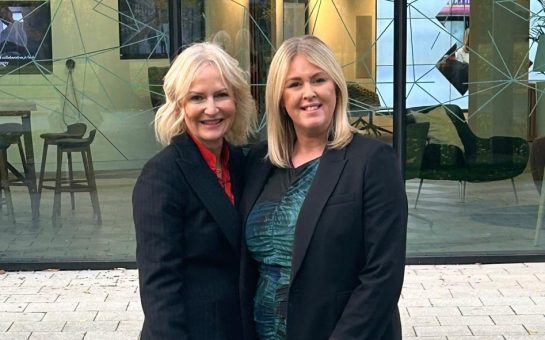A Manchester exotic dancer has shrugged off suggestions that lapdancing is degrading and is urging feminist campaigners to step into her stripper shoes and experience her ‘empowering’ job.
Spanish-born dancer Maria*, who has worked in lapdancing clubs for three years, told MM that she believes her job is the epitome of female empowerment as it puts the balance of power firmly in women’s hands.
She said: “I feel empowered, I dance for about ten minutes, chat, have a few drinks, dance a little bit more, then get paid much more than any man who did that job would get paid.
“If any feminist came and did my job for one night, they would know who has the power, and definitely come back for more.”
Human rights organisation OBJECT successfully campaigned for a licensing regime in 2009 requiring lap dancing clubs to be regulated by local councils as sex entertainment venues (SEVs) as appose to the previous categorisation of ‘leisure centres’.
This would mean lap dancing clubs could no longer have the same licence as cinemas restaurants and pubs they would have to be licensed as sexual entertainment venue.
An OBJECT spokeswoman said she believes there is a power imbalance in society and is urging the public and policymakers to support the new regulation.
She said: “Personally I would like to live in a society with genuine equality between men and women, but I don’t think that’s possible.
“Sexual objectification has become the wallpaper for our lives. We have clubs were men can pay for access to women’s bodies.
“I don’t see how we can be equal in these situations – women’s bodies are being marketed as commodities and that’s something that I don’t think is in-keeping with a real situation for equality for men and women.”
“The fact that two women a week are killed by their partners in the UK, and that one woman in six will be raped in her life-time – these are statistics that demonstrate a really clear inequality.”
However Maria argued that there are clear boundaries in place where she works and she feels that comfortable in her role that she plans to remain in the industry for the rest of her working life.
She explained: “It’s totally harmless. If they touch me they get thrown out instantly – it makes me feel so confident.
“I don’t plan on leaving this industry – eventually I want to open my own club and make a lot of money from men who want a dance.”
The SEV licensing regime has been adopted by 85% of councils, giving power to local authorities and residents of the community.
It allows the council the control to number of establishments in an area and allows them to set a cap which can be zero.
The current regulation contains a loophole which states that places are exempt from SEV licensing providing that fewer than 12 events are staged each year, meaning that some venues are able to host unregulated sexual entertainment nights throughout the year.
It isn’t compulsory for councils to adopt the regime, meaning that members of the community are unable to have a say about the number of lapdancing clubs in an area.
OBJECT are now working towards closing these loopholes after an amendment to the current law was proposed by Diana Johnson, Labour MP for Kingston upon Hull North, to make the licensing regime compulsory for all councils.
For more information about the proposed changes click here.
*Name changed to protect identity



